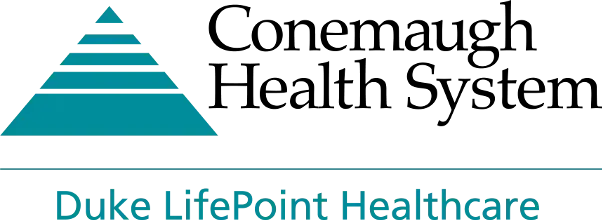Heart Surgery
Cardiothoracic surgery is a field of surgery pertaining to organs in the thorax (chest), including the heart. Depending on the procedure being performed, cardiothoracic surgery may be open, endoscopic, or robotic.
Cardiothoracic surgery is only performed after all other options have been fully explored, including interventional cardiology procedures that can sometimes avoid the need for surgery. If surgery is indeed required, patients and their families will meet with the members of our cardiothoracic surgical team and develop a multidisciplinary care approach that will follow evidence-based practices.
Procedures and treatments offered:
- Atrial and ventricular septal defect repairs
- Coronary Artery Bypass Grafting (CABG), commonly known as bypass surgery
- Fistulas
- Implantable Cardioverter Defibrillator (ICD) procedures to treat abnormal heart rhythms
- Left atrial appendage closure
- Myocardial biopsy
- Myomectomy for heart tumors
- Pacemaker implants
- Thoracic aorta repairs
- Transcatheter aortic valve replacement
- Traumatic heart injuries
- Valve repair and replacement, using mechanical valves and bioprosthetic valves
- Ventricular aneurysm repairs
